Converse magnetoelectric effect is observed for the first time in the multiferroic phase of a metal-organic framework.
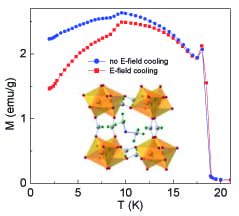

Converse magnetoelectric effect is observed for the first time in the multiferroic phase of a metal-organic framework.
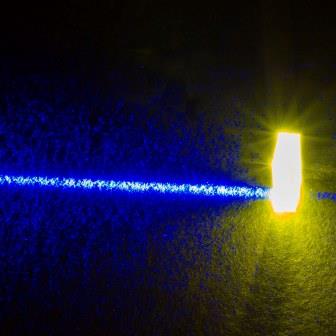
Blue laser diodes operated in stimulated emission offer a potential alternative to traditional solid-state lighting based on light-emitting diodes.
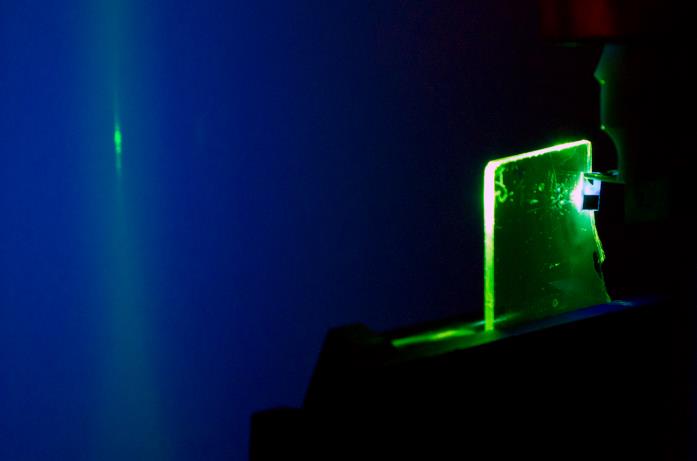
A new compact sensor system based on an LED pumped polymer laser detects explosive vapors quickly and sensitively.
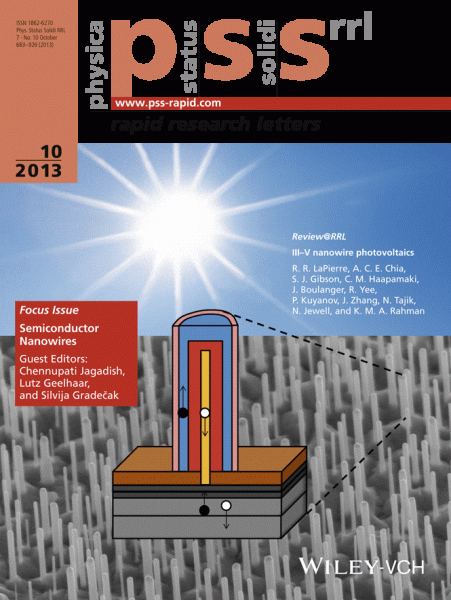
A new Focus issue in pss (RRL) with 10 Reviews and 21 Letters provides an overview on the state-of-the-art in the field of semiconductor nanowires.
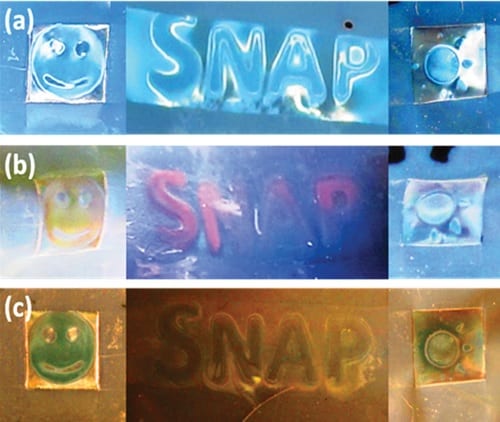
Scientists from Germany and UK develop a printing process that uses one tunable ink for all colors.

Danish scientists analyze advantages and disadvantages of the most promising printing technologies for metal back electrodes used in polymer solar cells.

Research team develop a novel all-solid AND logic gate which responds to non-chemical inputs irradiation (light) and applied electrical potential.
Researchers have developed a transparent, elastic organic light-emitting device that can be twisted at room temperature while retaining its original shape.
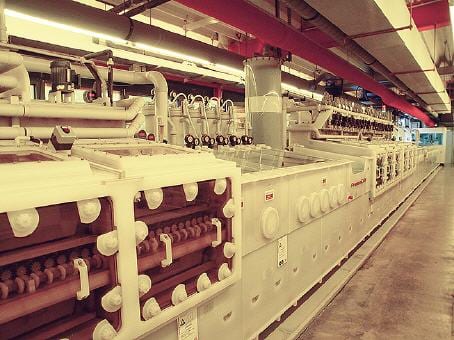
The Germany company Akon revolutionized the entire electronics industry with a precise and environment friendly etching technology.
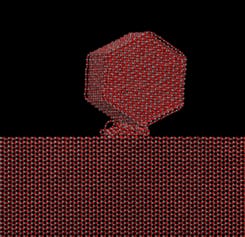
Researchers create a dense, thick, and organic-binder-free ceramic film consisting of stress-free nanoparticles at room temperature.